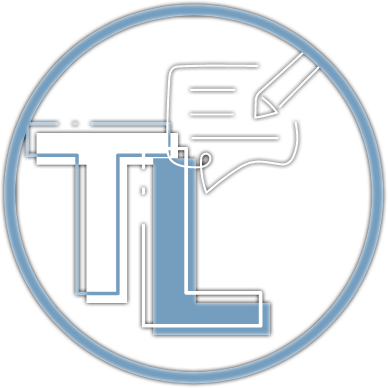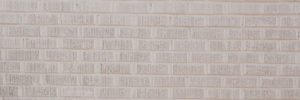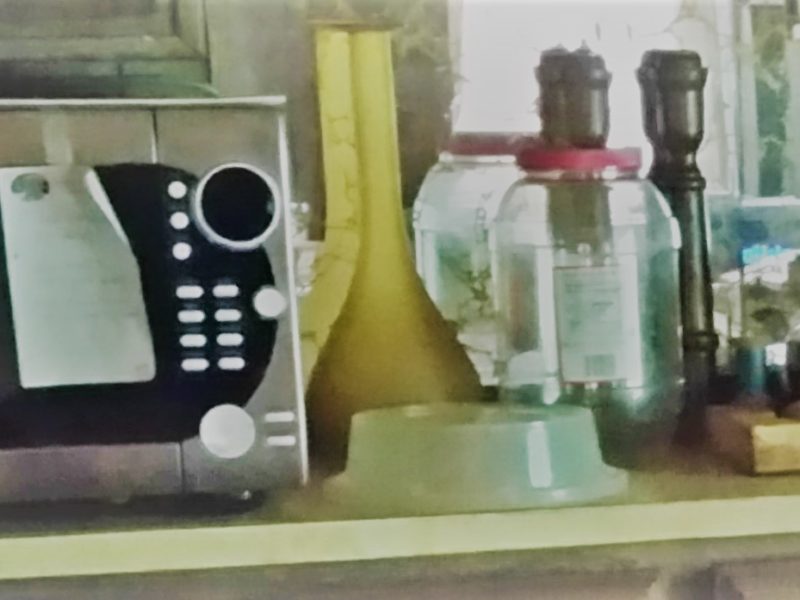I am not a hoarder. I am attached to stuff, but I am not a hoarder.
Now before you say “the lady doth protest too much,” I must explain. Before I asked whether I was a hoarder, I asked whether my parents were hoarders. I inherited all their stuff. A lot of stuff.

Charged with cleaning out their home, I didn’t know where to start. I found folders of utility receipts stuffed between a living room chair and table. I discarded a broken microwave that had been standing on end in the floor for years. The bedrooms where my brother and I slept as children had long been the abode of cats. They ruined the carpets and scarred the furniture.
Did you know there are levels of hoarding? I went to a mini-seminar in November 2014. It was conducted by Dr. David Dia, a hoarding specialist with some national prominence. A Memphian, he’s appeared on TLC’s Hoarding: Buried Alive.
Dia passed out literature that revealed five levels of hoarding. As I read the definition of each level – at level one, all doors are accessible and clutter is minimal; at level five, there’s no working water or sewer service, clutter renders beds unusable for sleeping and rodents and critters inhabit the home – I evaluated at what level my parents might have been.
I realized my parents displayed some characteristics of hoarding. A few characteristics in level two and a few at level three. But my parents weren’t TV hoarders, the brood paraded in front of us by reality television. A better definition for my parents is packrats. “Hoarders” conjures all sorts of images that don’t fit them. Their home was still a healthy place to live.
Clutter complicates the after-death scene. It’s hard enough in an organized home to decide what goes to whom. What to keep. What to sell. What to give away. Multiply the complexity by about 10. Or 100. The volume is over-the-top. And at each turn lies a potential emotional landmine. As you churn through Daddy’s Christmas card lists (how thoughtful he was) and Mom’s drawings of Egyptian and Asian characters (how creative she was), you draw upon memories and formulate questions and long for your parents to just be there. Just be here.

I was richly rewarded by going through every scrap of paper. My discoveries twice led to financial reward. I found $20 in a Christmas card to Dad. He was a postman. Sometimes he was given money by customers along his route. The card was in a box at the bottom of a dark closet that once housed the furnace. The following year, I found five U.S. Savings Bonds worth $398. They were in a folder marked “Synergy / Sears bonds.” I couldn’t tell you why.
My true treasure, however, was in the kindling of connection. I discovered so much about my parents, and that connection helped me heal. As I sorted through their things, I sorted through all the nuances of grief. I tackled it one scrap of paper at a time. The clutter that might have tripped me up actually helped me along.
“Am I a hoarder?” I examined the hoarding scale and listened to Dia, asking this question. I was at level one. I am a packrat, and I sometimes feel distress at the idea of getting rid of something. I am excessively sentimental. Everything is clean at my home, but there are pockets of clutter. If I can’t hold onto the people I love, I hold on to the things that connect me to them.
Are we ready to release our grip? This year, I’ve thrown away so much stuff. In the spring, I returned home from a trip to Connecticut, where my dad’s brother lived until his death last year. My uncle had this bizarre filing system – he dated prescription bags with receipts in them and tossed the bags in a pile. I found pay stubs from his job that dated to 40 years ago, and cigar boxes of unlabeled black-and-white photos. I guess hoarding or disorganized clutter is an inherited trait. At home, I marched up to the attic and started setting things aside for our summer yard sale, much to my husband’s delight. And this week, I cleaned out a bedroom closet. I realized that no one was going to ask me for my college “clips,” examples of my writing, nor for examples from 1991, nor from 2003. I filled a curbside bin to the half way point.
I realized I needed to make room in my life for new things. I realized sometimes things do get in the way. Not all things, but some things. Perhaps it is symbolic. Perhaps by tossing stuff out, I am physically enacting what is happening inside of me. I am making space in my life for something new, something ahead, something wonderful. Making space for possibilities.
When are we ready to let go? I’m not going to pressure myself nor anyone else to release something that may be helping them now. Or even may be hindering them. I’ve got a publisher friend who likes to say “trust the process.” Wise words. We must be patient with ourselves and with life and undergo the process. The process of grief. The process of leaving what we were to become something we hadn’t imagined.
Once we embrace the possibilities, we won’t feel like we need to hoard our old life, our old memories and an old way of life. We will step lighter along the road ahead.
Have you had to clean out a loved one’s home? What did you find that helped you cope with the grief? When did you know you’d reached a milestone in the process of healing?
Copyright © 2017 by Toni Lepeska. All rights reserved. www.tonilepeska.com



Leave a Reply